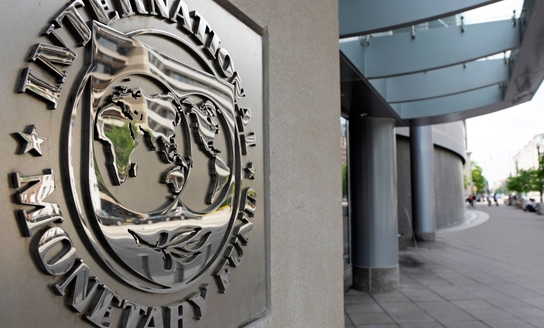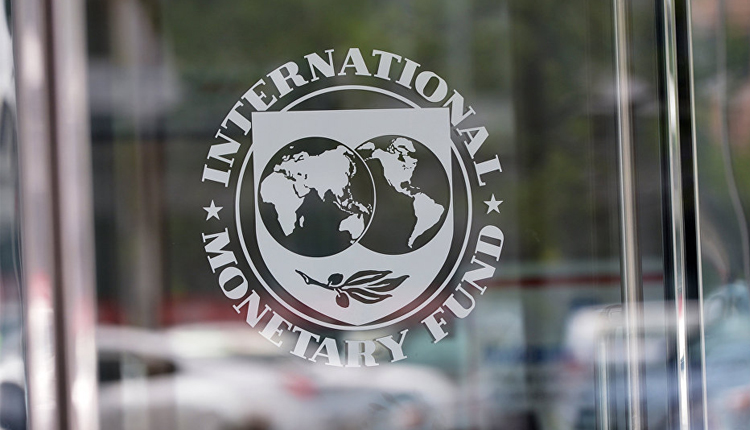
The International Monetary Fund's board will require there is no major change in economic outlook or policy when it considers approving a US$4.8 billion loan to Egypt, an IMF spokesperson said.
The loan deal was agreed in principle this month with an IMF team in Cairo and the board is expected to meet to finalize the facility on 19 December.
Spokesperson Wafa Amr's remarks were made in an emailed response to questions about whether President Mohamed Morsy's decree to extend his powers would threaten the preliminary loan deal, seen as vital to rebuilding confidence in Egypt's economy.
His decree has set off a wave of protests and violence.
"Consideration of the agreement by the IMF Executive Board will require that there is no major change in the economic outlook and implementation plans," Amr said.
Egyptian officials have not indicated any shift in economic plans that include reining in the budget deficit from about 11 percent of gross domestic product in 2011/12 to 8.5 percent in the financial year that ends in June 2014.
When the preliminary agreement was reached, a member of the IMF team involved in the negotiations said he expected it would be approved by the board.
"The staff-level agreement on financial support from the IMF is based on the economic and social policies that the government plans to implement under its program," Amr said in reference to the initial loan deal that was announced on 20 November.
Amr said implementing those plans included passing a revised budget for 2012/13 that reflected planned tax and spending measures.
She said it also required "assurances from Egypt's bilateral and multilateral partners regarding their expected provision of program financing".
The IMF deal is expected to encourage investors and support from other nations for Egypt, whose economy has been hammered by political unrest since Hosni Mubarak was overthrown in 2011.
On the budget, Egypt initially forecast a deficit of about 8 percent of GDP for 2012/13, which economists said at the time of publication was optimistic. Since then, officials have said that target could not be met because reforms it was based on had not been implemented.
Egypt said it would issue a supplementary budget once a deal with the IMF was reached, and Planning and International Cooperation Minister Ashraf al-Araby said on Saturday the deficit for 2012/13 was now expected to be 10 percent of GDP.




